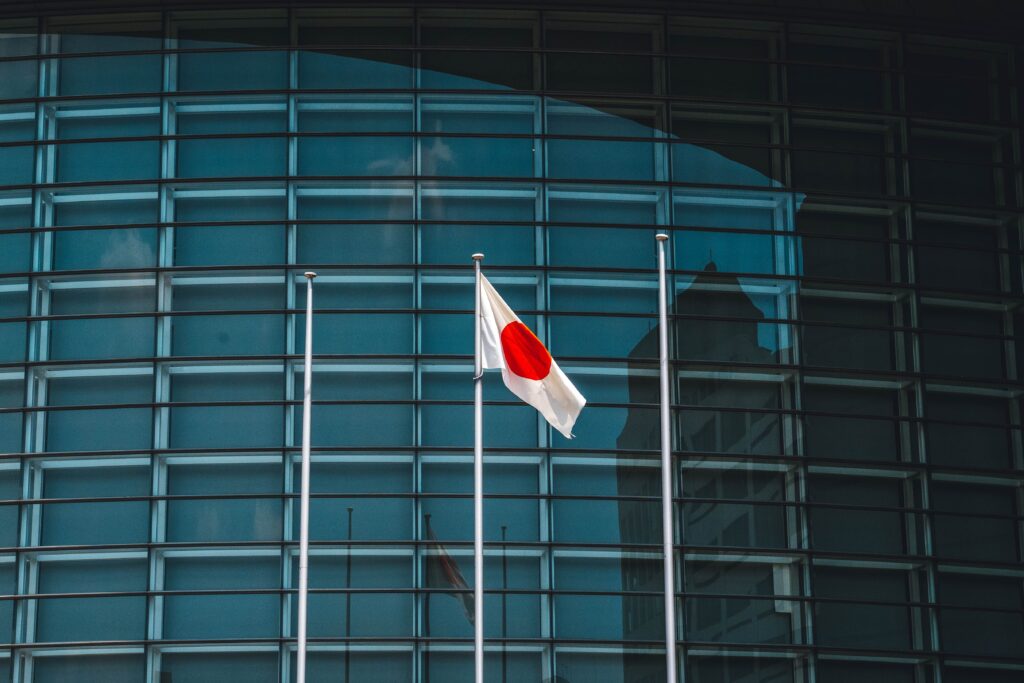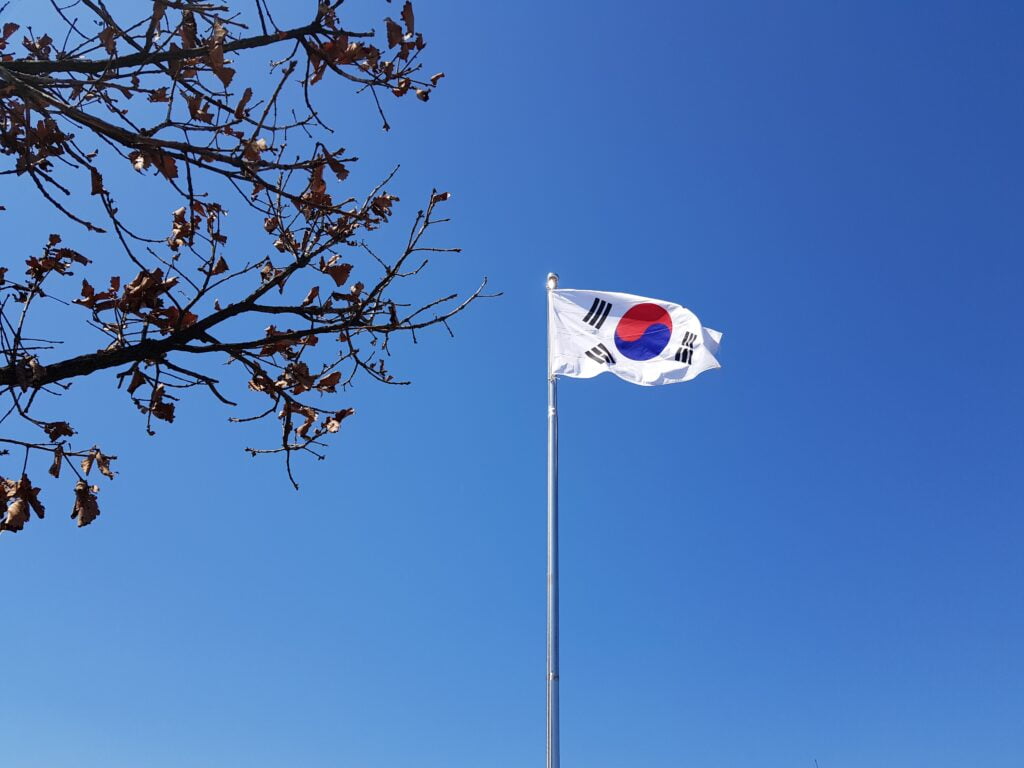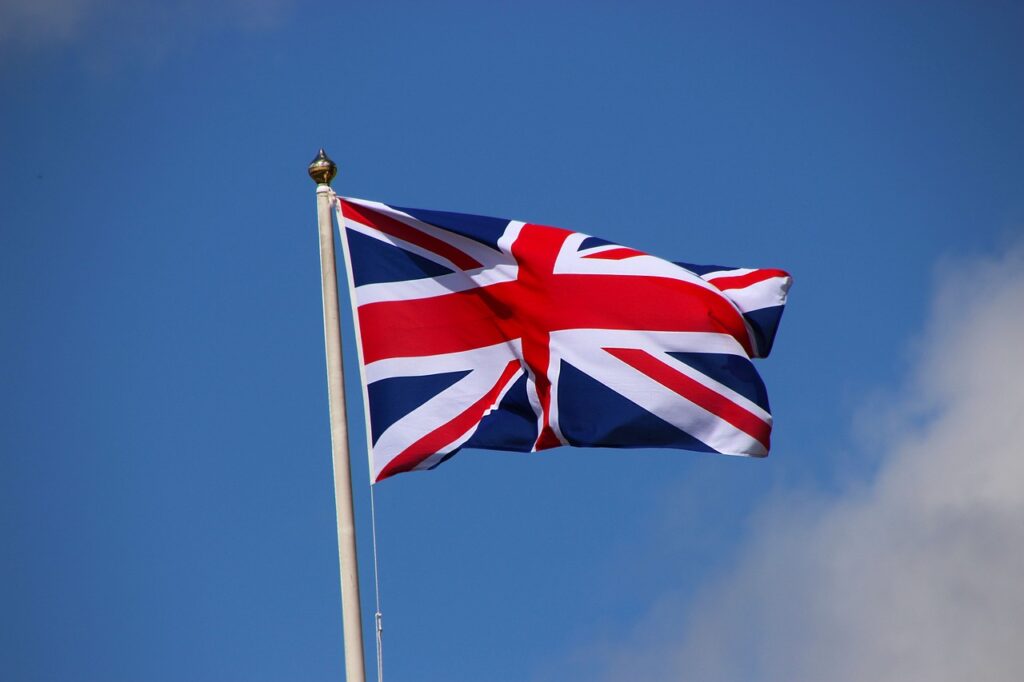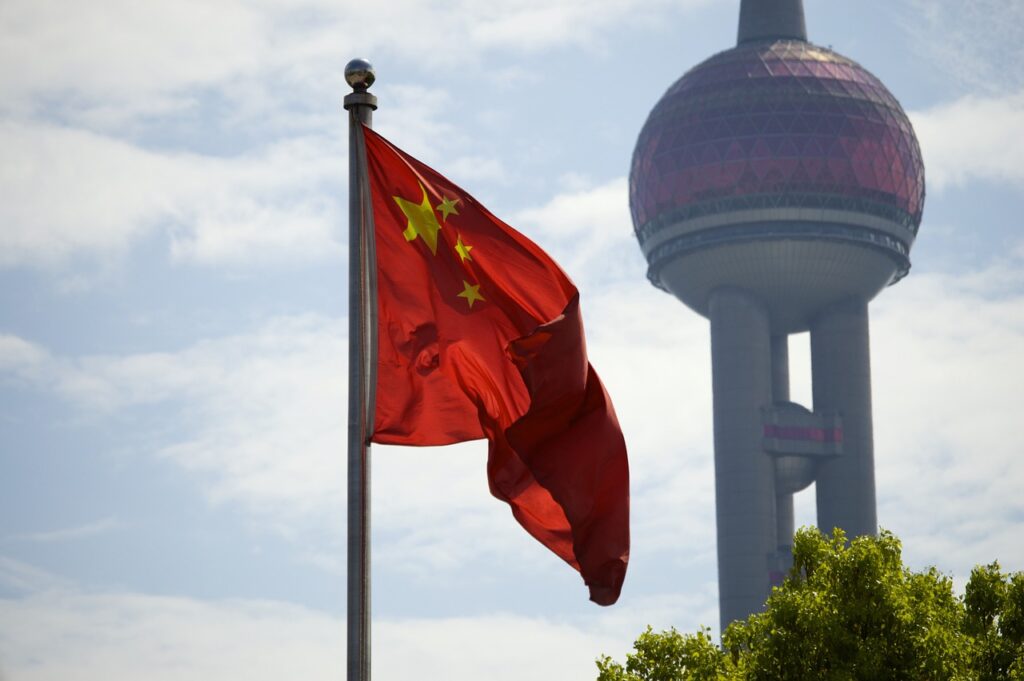The concept of power is becoming more important in today’s ever-changing environment. The definition of a strong nation comprises a wide range of characteristics, from military might to economic might and political clout. Come along as we explore the world’s top 10 most powerful country in this intriguing tour. Learn more about their supremacy, investigate their accomplishments, and discover the factors that have led to their worldwide impact in this in-depth research. Learn about the intricate systems that govern our world and the countries that have the most influence in the twenty-first century.
The most powerful country in the world is also the most often featured in media, the focus of politicians, and the primary driver of global economic trends. Their military spending and diplomatic policy are closely monitored. When they make a promise, at least some people believe they’ll follow through on it.
Criteria for Ranking
Several variables are taken into account while determining the rank of the world most powerful country. The ability to project power militarily, economically, politically, culturally, and via international alliances are all important factors. The size, sophistication, and quality of a country’s military all point to its level of power. Its economic growth and steadiness are key indicators of its success.
The term “political influence” describes a nation’s capacity to affect global policymaking. The state of its diplomatic ties is also important. Influence in the cultural sphere comprises the capacity to disseminate ideas and ideals internationally. Last but not least, international alliances are crucial to a nation’s safety and standing in the world.
Table of Contents
We’ve compiled a list of the world’s top 10 most powerful country for 2023.
10. Israel

GDP – $ 482 billion
Population – 9.36 million
GDP per Capita, PPP – $ 43,722
The tiny Middle Eastern nation of Israel is the only Jewish state in the world. Despite its modest size, the country has had a significant impact on international events. It boasts a thriving economy, religious sites that are important to several faiths, and tense ties with many of its Arab neighbors.
Cut diamonds, high-tech equipment, and medicines are only a few examples of highly sophisticated exports from Israel’s market economy. In terms of life expectancy, education, per capita income, and other metrics of human development, the nation is quite advanced. One of the largest wealth discrepancies in the Western world may be seen in this nation.
The United Nations and the Organisation for Economic Cooperation and Development are only two of the many international organizations to which Israel belongs.
09. United Arab Emirates (UAE)

GDP – $ 359 billion
Population – 9.99 million
GDP per Capita, PPP – $ 66,766
To the southeast of the Arabian Peninsula is the federation of seven emirates known as the United Arab Emirates (UAE). Landlocked between Oman and Saudi Arabia, the nation has both the Gulf of Oman and the Persian Gulf as well as arid desert, marshes, and waterless mountains.
Before oil was discovered in the Middle East in the 20th century, the United Arab Emirates economy was built on fishing and the pearl business. In the 1960s, when the nation first started exporting oil, the economy underwent a dramatic shift. According to the CIA’s World Factbook, the UAE’s per capita GDP is now on par with that of advanced Western European countries. The nation also has the Arab world’s most competitive economy, according to the World Economic Forum.
The United Arab Emirates is involved in several global institutions, including the United Nations, OPEC, the World Trade Organisation, and others.
08. Japan

GDP – $ 4.94 trillion
Population – 126 million
GDP per Capita, PPP – $ 42,940
Japan is an archipelago country in East Asia consisting of four main islands and more than six thousand smaller islands. Most of Japan may be covered by mountains and forests, yet most Japanese live in metropolitan areas. The nation has been impacted by its neighbors for a long time, and as a result, modern-day culture is a synthesis of traditional customs and Western influences.
Traditional Japanese arts such as tea ceremonies, calligraphy, and flower arrangement are well-known across the globe. Unique gardens, sculptures, and poems have been left behind throughout the nation. More than a dozen UNESCO World Heritage monuments may be found in Japan, and the country can also claim sushi as its national dish. The nation is home to a wide variety of martial arts traditions. Sumo wrestling, which dates back to the Heian period (about the 8th century), is the country’s most well-known traditional sport.
The United Nations, the Asian Development Bank, and the World Bank are just a few of the international organizations that Japan participates in.
07. France

GDP – $ 2.94 trillion
Population – 67.5 million
GDP per Capita, PPP – $ 50,729
It’s hard to overestimate France’s historical and contemporary impact on the globe. France, a country in Western Europe, is one of the world’s oldest, and its influence can be felt all over the world in many different fields, including but not limited to science, politics, economics, and culture.
The French economy, which is one of the world’s biggest, is a hybrid of market forces and state control. France consistently ranks as one of the world’s most visited nations, and tourism is a key economic driver there. Industry, agriculture, energy, and military are all important parts of the economy. The nation is a major player in the global arms trade. The cultural history of France is extensive. The history of French literature, along with the history of French art, music, and dance, begins in the Middle Ages. The country’s film industry is very essential to the country’s cultural identity. Both French food and wine enjoy widespread acclaim outside of France.
France has been a member of the United Nations since its inception, and it now has a permanent membership on the Security Council. The European Union, the World Trade Organisation, the Organisation for Economic Cooperation and Development, and NATO are only some of the other influential organizations to which it belongs.
06. South Korea

GDP – $ 1.80 trillion
Population – 51.7 million
GDP per Capita, PPP – $ 46,918
South Korea, or the Republic of Korea as it is formally known, is a country in eastern Asia that occupies the southern part of the Korean Peninsula and has a troubled past.
As the first country to have received cash from the OECD Development Assistance Committee and then turn around and donate to it, South Korea’s high-tech, service-based economy is a foreign investment success story. Since the 1960s, the country has had consistent development and a decrease in poverty, propelling it to the position of the seventh-largest exporter and eleventh-largest economy in the world, respectively. Its substantial gross national savings and foreign investment reserves are reminiscent of a regime that prioritized saving over expenditure. South Korea’s vast upper class has more disposable cash than in previous years and is eager to spend it on “brand name” goods.
The United Nations, the Group of Twenty, the Regional Forum of the Association of Southeast Asian Nations, and the World Trade Organisation are just a few of the numerous international organizations to which South Korea belongs.
05. United Kingdom

GDP – $ 3.19 trillion
Population – 67.3 million
GDP per Capita, PPP – $ 49,675
The United Kingdom is an advanced country with widespread influence in worldwide politics, business, science, and culture. The nation encompasses the northern half of the island of Ireland and the island of Great Britain, which is located off the northwest corner of Europe.
London, the nation’s capital, is a global financial powerhouse and a top tourist destination. The service industry, of which banking and tourism are subsets, is the primary driver of economic expansion in the country. Manufacturing in the United Kingdom is diminishing but still, a major portion of the economy is driven by the car and aerospace industries. Oxford, Cambridge, and Imperial College London are just a few of the world-class educational institutions that call the United Kingdom home.
The United Kingdom sits on the UN Security Council as a permanent member, and it also has memberships in the European Union, the World Trade Organisation, the World Bank, NATO, and the Group of 20.
04. Germany

GDP – $ 4.22 trillion
Population –83.1 million
GDP per Capita, PPP – $ 57,928
Germany, the EU’s most populated country, has one of the world’s greatest economies and has been more influential on the global stage since reunification. The Central European nation stretches from the flatlands along the North and Baltic Seas to the mountainous Bavarian Alps in the south.
The greying of his country’s population, however, casts doubt on the wisdom of the country’s lavish expenditure on social programs. Germans make up the vast bulk of the population, with sizable minorities of Turks and other Europeans being present. Despite being one of the most sought-after destinations for migrants, Germany has lately come under fire for its open-door policy in the aftermath of a rise in domestic violence. Germany’s cultural output includes some of the world’s most prominent minds in the arts, sciences, and social disciplines.
The United Nations, the European Union, the Group of 20, NATO, and the Organisation for Economic Cooperation and Development are only a few of the important international organizations to which Germany belongs.
03. Russia

GDP – $ 1.78 trillion
Population – 143 million
GDP per Capita, PPP – $ 32,803
It’s hard to grasp Russia’s sheer size. Covering all of northern Asia and a major portion of Eastern Europe, it is the biggest country in the world in terms of land area, approximately twice as vast as Canada, the world’s second-largest nation. It has maritime boundaries with both Japan and the United States and land borders with over a dozen other nations.
Russia’s massive natural resource wealth fuels one of the world’s most significant economies. Production of oil and natural gas is a major economic engine, along with agriculture, forestry, fishing, and industry. In particular, the oil and natural gas industries contribute significantly to the country’s GDP. Russia is second only to the United States as a global supplier of military hardware. Russia’s massive size and rich history have fostered significant scientific and artistic achievements. The Russians were the pioneers in space exploration, being the first to put a satellite into orbit and conduct a spacewalk.
Russia is a founding member of the Group of 20, a participant in the Asia-Pacific Economic Cooperation, a member of the Council of Europe, and a signatory to the World Trade Organisation.
02. China

GDP – $ 17.7 trillion
Population – 1.41 billion
GDP per Capita, PPP – $ 19,338
China is the site of one of the first human societies and has been under Communist Party control ever since it became the People’s Republic of China in 1949. It has more people than any other nation and is the second biggest in terms of size.
There are a number of internal difficulties that have arisen as a result of China’s fast economic development. These include income disparity and pollution that have increased significantly. The country has faced new threats on the international stage as a result of its quick climb to power. The United States has been particularly vocal in its condemnation of China’s human rights policy. China has some of the world’s strictest Internet censorship policies, and political freedom is still strictly regulated. When it comes to freedom of the press, China consistently scores poorly.
The existence of nuclear weapons in China is widely accepted. It has been a permanent member of the UN Security Council since 1971, and it is a part of the WTO and the Asia-Pacific Economic Cooperation, among other international and regional groups.
01. United States of America (USA)

GDP – $ 23.0 trillion
Population – 332 million
GDP per Capita, PPP – $69,288
The United States of America the most powerful in the world, located in North America, is the leading economic and military force in the world. Similarly, its popular culture has left an indelible mark on societies all over the globe via the mediums of music, film, and television.
The United States is a federal republic with 50 separate states based on its constitution. The United States has the greatest economy and the most advanced economy in the world. Computers and other electrical apparatus, automobiles, chemical goods, food, live animals, and military hardware make up the bulk of the country’s exports. The United States also possesses the most coal reserves of any country. The nation is home to some of the world’s finest educational institutions, including Harvard and MIT.
The United States is a driving force behind several international organizations, including the United Nations, NATO, and the World Bank.
In the context of international politics, the term “powerful country” refers to a state that has a combination of military might, economic might, political weight, and diplomatic endeavors. In this article, we have looked into the rankings and provided some insight into the top 10 most powerful country in the world, as well as the significant position that the United Arab Emirates has on the international scene.
As we come to the end of our voyage, it has become clear that power is a relative term, prone to shift as states adjust to the changing global situation. Understanding the dynamics of prominent nations is illuminating for the geopolitical environment as the quest for power continues to impact international relations. Understanding the forces that shape our reality requires us to be aware of, and adapt to, the subtleties that define power and the changes in power structures.



